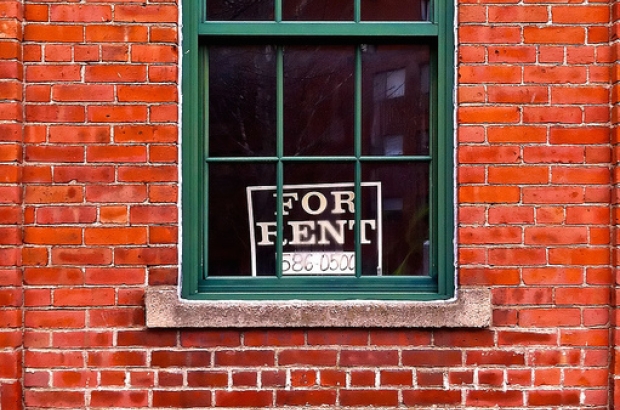- Daily & Weekly newsletters
- Buy & download The Bulletin
- Comment on our articles
Ixelles to introduce new regulations on co-living projects
The municipality of Ixelles plans to introduce new regulations on co-living within the neighbourhood, in part because of the proliferation of such housing and the associated nuisances that come with them.
Co-living refers to special housing – usually individual homes – in which residents, who did not know each other before moving in, have their own rooms but share spacious common areas. More than simple houses shared by roommates, these are homes that often include perks such as a sports or cinema room, a games room or a co-working space.
This type of housing is generally targeted towards young urban professionals, and specialised start-ups are increasingly creating these spaces within the city, charging anywhere from €550 to €750 a month, usually excluding expenses.
Ixelles is a popular neighbourhood for such companies, along with Saint-Gilles, Etterbeek and Brussels-City, partly due to the presence of major universities.
“Every month we see new co-living projects popping up in Ixelles,” town planning alderman Yves Rouyet (Ecolo) told Bruzz.
But these homes bring with them nuisances such as parking pressure and an increase in rubbish and litter due to the higher-than-intended occupancy.
Neighbours also complain of noise nuisance, and housing prices are inflated because the companies behind co-living spaces can outbid ordinary buyers, making it even more difficult to keep families in the city, which already suffers from high property prices. Ixelles in particular is one of the most expensive areas in all of Belgium when it comes to owning property.
The municipality also raised safety concerns because co-living houses are currently still regarded as ordinary homes and therefore do require further building permits, meaning properties often do not have enough emergency exits, fire doors and other safety features.
Ixelles, together with Saint-Gilles and Brussels-City, adopted a series of non-binding recommendations last year to curb the proliferation of colivings.
The municipality has also been to court twice already regarding one particular co-living space, but lost both times because the building retains its residential function and the conversion carried out does not require a permit under current rules. That case is now on appeal.


















